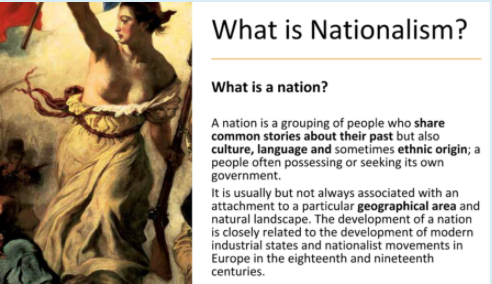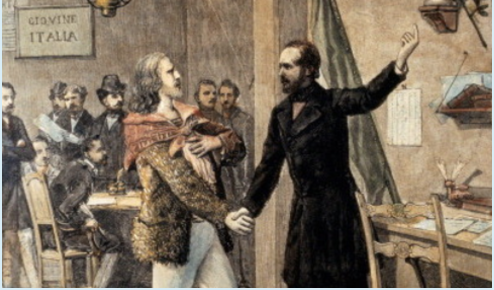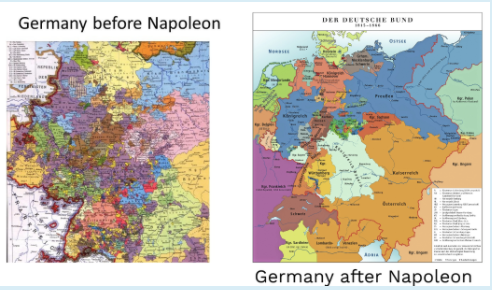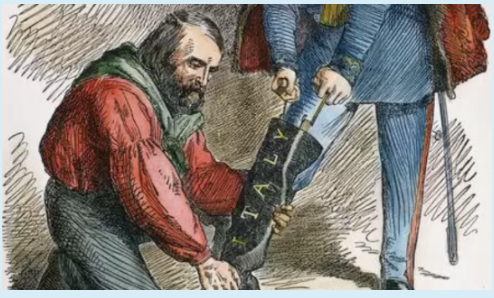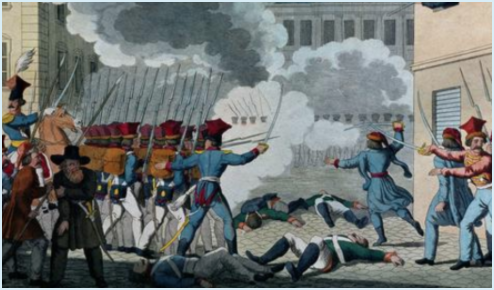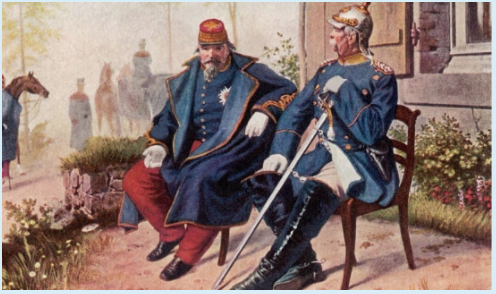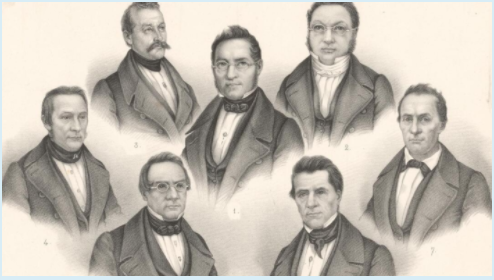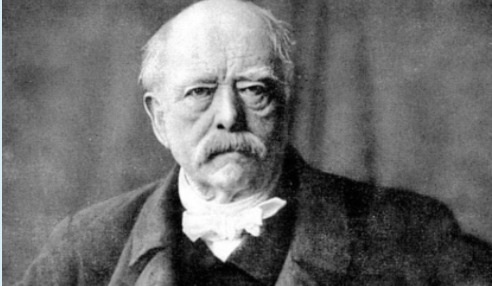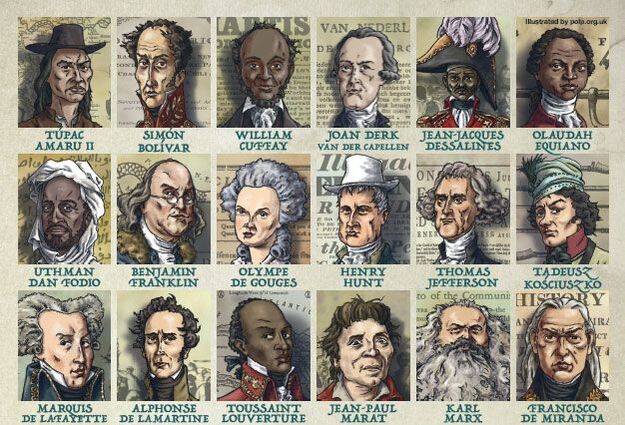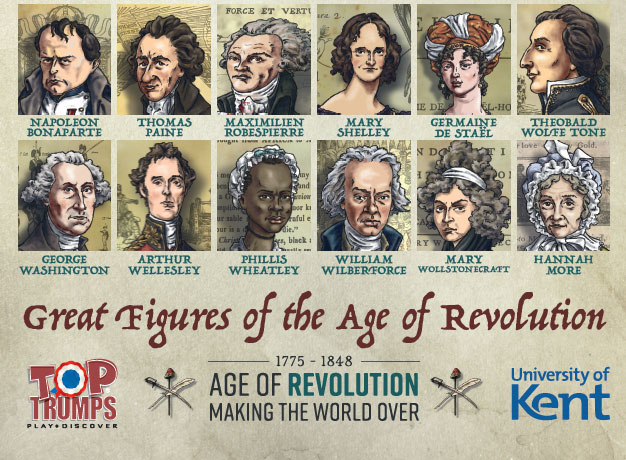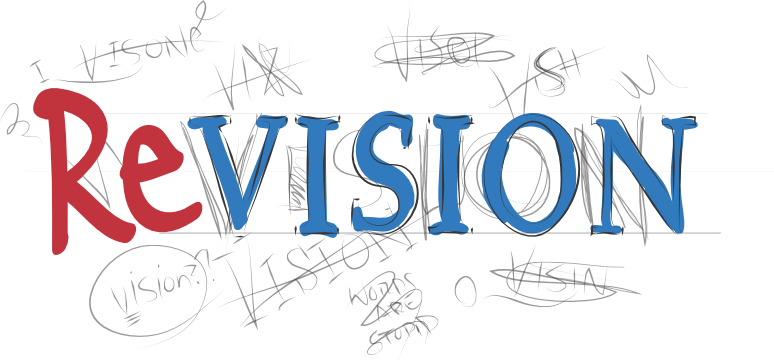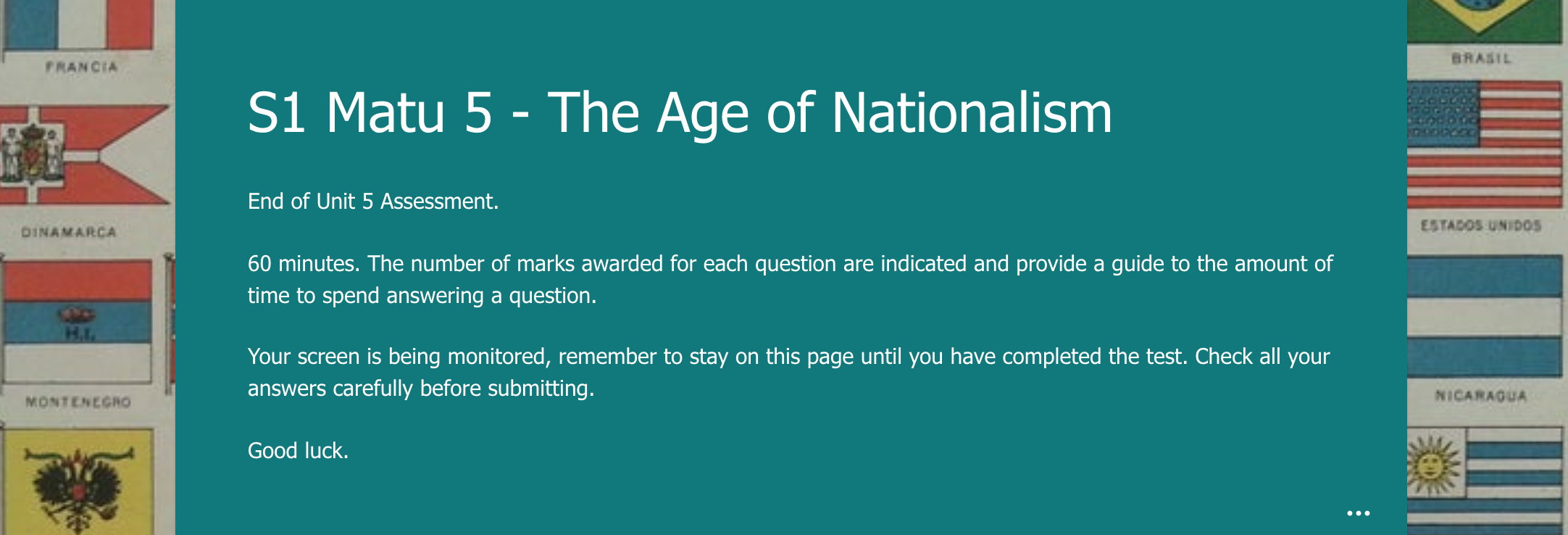This unit completes two previous Matu syllabus references on the French and Swiss revolutions and introduces one new one, German and Italian Unification.
Matu syllabus reference - Révolution française : montrer le Congrès de Vienne comme stratégie de retour en arrière. Les Révolutions suisses de 1798 et 1848 saisir les oppositions violentes entre traditions cantonales et les nouveaux besoins d’une "centralité" nationale et en identifier les acteurs ; décrire les principales étapes qui mènent de la République helvétique à l’Etat fédéral. Unité allemande et italienne : discuter de l’unification des Etats nationaux à l’exemple de l’empire allemand et de la péninsule italienne ; situer la constitution et l’histoire de l’empire allemand comme "démocratie avec un grand point d’interrogation"; expliquer le système des alliances de Bismarck et les débuts de l’Etat social allemand. Matu syllabus
Matu syllabus reference - Révolution française : montrer le Congrès de Vienne comme stratégie de retour en arrière. Les Révolutions suisses de 1798 et 1848 saisir les oppositions violentes entre traditions cantonales et les nouveaux besoins d’une "centralité" nationale et en identifier les acteurs ; décrire les principales étapes qui mènent de la République helvétique à l’Etat fédéral. Unité allemande et italienne : discuter de l’unification des Etats nationaux à l’exemple de l’empire allemand et de la péninsule italienne ; situer la constitution et l’histoire de l’empire allemand comme "démocratie avec un grand point d’interrogation"; expliquer le système des alliances de Bismarck et les débuts de l’Etat social allemand. Matu syllabus
|
Top Trumps - Age of Revolution
Having now completed the age of revolution - Matu 1-5 - time to play that classic game from my childhood 'Top Trumps'. You can find out more about the project at the Age of Revolution website and how the decisions were reached about which individuals to include in the game here. |
Revision
|
A4 Revision essentials is a printable but not editable A4 sheet with the absolute essentials to hopefully help you pass the Matu.
'Six like Sydney' is from the notes of a very successful former student. These are often more detailed than the website and might be edited to create your own notes. |
End of Unit Test - Revision Guide Matu 5
Section A will require one word, factual answers that are included in the quiz.
Section A will require one word, factual answers that are included in the quiz.
Section B will require you to analyse a selection of historical sources in the style of IBDP Paper 1. You could be asked to compare and contrast two or more sources, considering the extent to which they agree with each other and you might be be asked questions about the utility of those sources, that is how useful is a source in helping us to understand a historical problem. Use the support given in Lesson 4 to help you prepare for this.
Section C will require you to answer one explanatory question from the following list. You will be given a choice of two.
Section C will require you to answer one explanatory question from the following list. You will be given a choice of two.
- What was the impact of the French Revolution and Napoleon on the development of nationalism up to 1815?
- How and why did the governance of Switzerland change between 1815 and 1848?
- Why did Italy finally become unified by 1870?
- Explain the role of Bismarck and Prussia in unification of Germany.
Click on the following link to access the test

